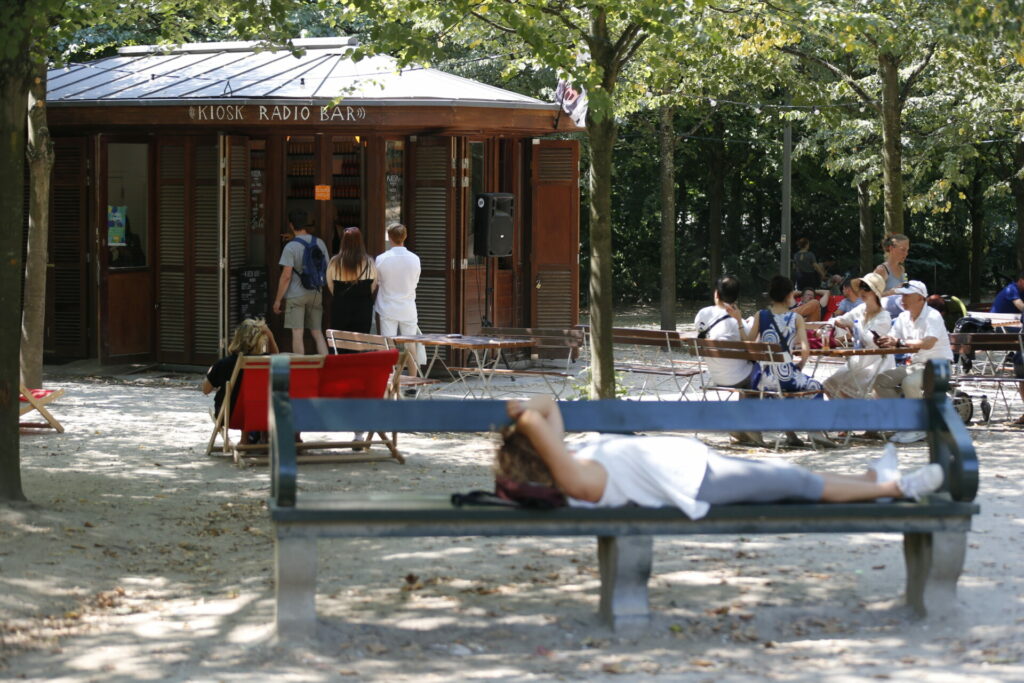From Friday until Sunday, temperatures in the centre of Belgium will surpass 30°C – the warmest it has been in the country so far this year.
After what seems a long wait, temperatures will rise to 30°C or more – technically referred to as "tropical" weather. While this may be the ideal weekend to spend an afternoon enjoying terrace drinks, hosting barbecues, or taking a dip, such heat can become uncomfortable, and even dangerous.
Overheating
Many people forget to drink more on warm days, easily resulting in heatstroke – especially when sitting in direct sunlight for too long or consuming alcohol rather than other liquids. Among older people, this can be particularly dangerous and can even lead to excess mortality.
Meanwhile, the high temperatures and lack of rainfall increase the risk of fires in nature and forest areas. Since the end of May, a fire danger code yellow has been in place across the whole of Flanders, which will remain until further notice.
In Wallonia, which has already experienced its first wildfire of the year, no such code has been issued yet. However, the rising temperatures in the coming days could see this change.
Road assistance service VAB has stressed that once temperatures exceed 30°C a vehicle heats up particularly quickly. It warned that this "has a negative impact on our concentration and therefore our driving behaviour" and called on people to cool down their car on departure and keep air circulating while driving. Where possible, drivers should park in the shade and take more breaks than usual on long drives.
Cooling down
Luckily, the heat is not evenly distributed. While cities like Brussels become heat traps on tropical days, because they consist of materials that retain heat for a long time, there are cooler spots to be found.
By the sea, it is often cooler at the start of the summer than inland. While there was a particularly big difference earlier this week between the coast and the centre of Belgium, temperatures at the sea will now also rise to 29°C.
However, the fresh breeze and the sea itself will provide a cooling effect (so be prepared for large crowds). Alternatively, forests are also distinctly cooler due to the absence of sunlight.
Related News
- Heat is forcing the construction sector to adapt activities
- Fresh sea breeze: Up to 10°C colder today at Belgian coast
Elevated areas such as the Hautes Fagnes in the south of Belgium also tend to be less warm than in Low and Central Belgium: this weekend, when temperatures here will be about 5°C lower.
Finally, inside buildings the north side will typically be less hot as it isn't exposed to direct sunlight. Ground floors (or basements) are almost always cooler than the upper floors.

